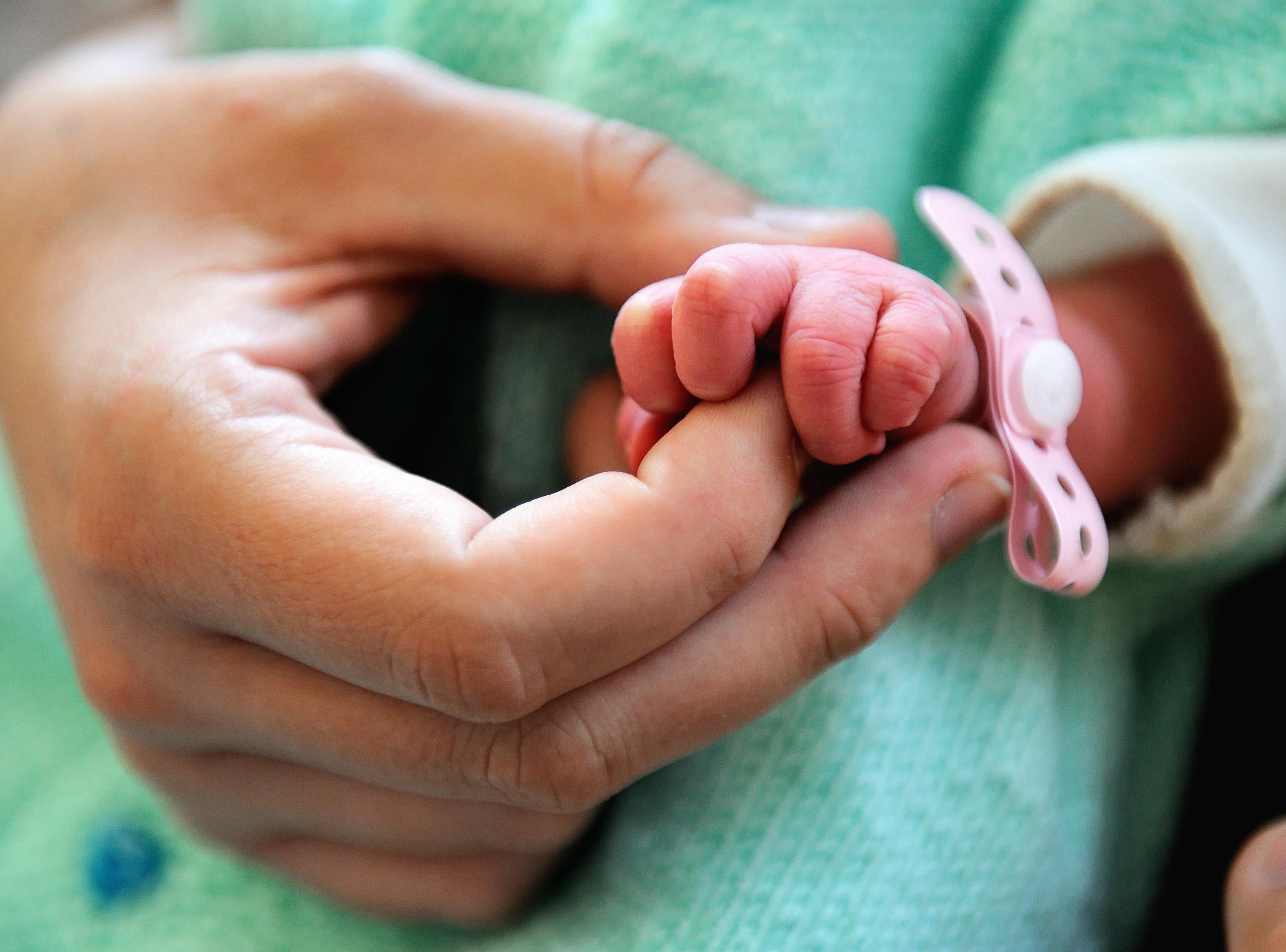Pam Belluck has written an important two-part story about maternal mental illness in the New York Times. Though postpartum depression has been covered before, and even has a few brave celebrity spokeswomen, Belluck’s series is a critical new addition because she emphasizes the fact that postpartum mental illness does not always manifest itself as depression, and that women are vulnerable to mental illness for a long time after giving birth. She also tells the story of real women who experienced postpartum mental illness, and hearing their stories brings it even closer to the bone. (I did a series for Slate two years ago about prenatal depression, which is a part of what Belluck discusses.)
Belluck rounds up the recent studies on maternal mental illness, and even though I have spent time researching and writing about this very topic, the magnitude of its effects still surprised me. A meta-analysis of studies on postpartum depression found that a fifth of women have depressive episodes before their babies’ first birthdays, and about a half of those women had serious symptoms. Anxiety, bipolar disorder, and OCD are also common maladies in that first year postpartum. For example, 11 percent of postpartum women experienced symptoms of OCD, which is four times the rate of the general population.
In the first part of the series, Belluck interviews Emily Guillermo, who was blindsided by an unplanned second pregnancy when her first child, Christopher, was still an infant. From the moment her second child was born, she did not feel connected to him. As Belluck describes it, Guillermo, “fantasized about abandoning Benjamin at a fire department, or faking an accident. She imagined driving at high speed into a wall, sparing Christopher’s life by intentionally wrecking the side of the car where Benjamin was strapped into a car seat.”
It’s horrifying to read the thoughts of a disturbed mother, and hard to imagine Benjamin growing up to read them, too—which is why it was so courageous of Guillermo to agree to be interviewed for this story. In an accompanying video, Guillermo talks about her vulnerability and lack of support. She didn’t seek help from her parents, because she didn’t have a great childhood, so it was all on her husband—who had recently come home from his deployment in Iraq—to support the whole ailing family.
The second part of the series profiles Cindy Wachenheim, a New York mother who jumped from the eighth floor of her building with her baby son strapped to her in 2013. Her son survived with very few injuries. She did not. Wachenheim suffered from postpartum psychosis. She had delusions that her son had brain damage because he bumped his head in the way that every infant on the planet has bumped his or her head. And she blamed herself for it.
Wachenheim was receiving some psychological care, but she canceled her psychiatrist’s appointment the day before she jumped. Her husband had even come home from work for a few hours before she leaped to care for her and their son. Everyone was doing their best to support Wachenheim, and she had a lot of resources, so it’s hard to come away from reading about her story with anything but shock and upset. Unlike in Guillermo’s story, there doesn’t seem to be a lesson to learn. But I do think that even the act of writing about Wachenheim in a sensitive and nonjudgmental manner is an important step.
That’s pretty much the biggest service of the series. Brooke Shields published a best-selling book about postpartum depression, and every so often a celebrity will talk about her own battle, but maternal mental illness remains mostly hidden among regular women. There is still a huge stigma to admitting that you’re having trouble bonding with a child, because pregnancy and motherhood are supposed to be the “most natural thing in the world.” We need to continue to emphasize that postpartum mental illness can be just as “natural” as any other part of the new motherhood experience.
